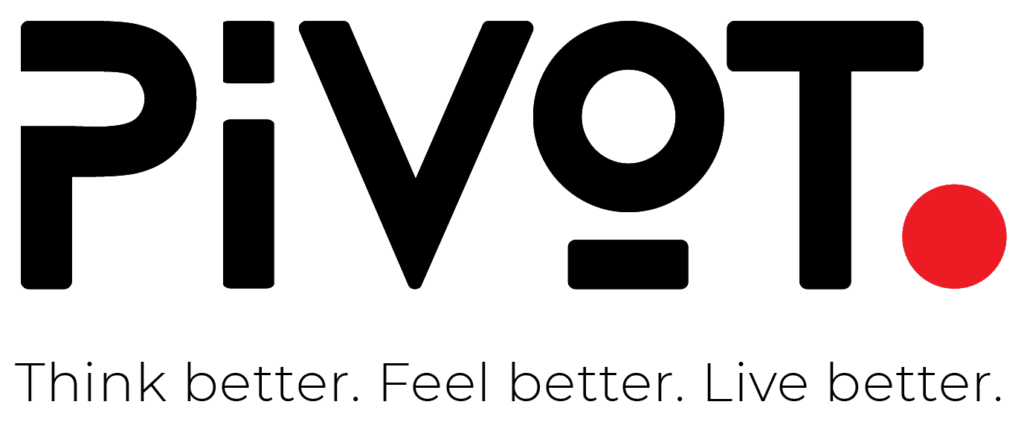At the inception of the human species, the family was a symbiotic union designed to give each member a better chance of survival. As humanity evolved and we became more emotionally aware, the concept of family transcended the boundaries of basic biological needs and instincts.
It became an institution designed to provide emotional support and be the source of empowerment for all family members, which it remains to this day. However, in some instances, this concept gets taken to the extreme, clipping our wings instead of being the gale that helps us soar.
This is the very meaning of enmeshing, in its most basic form, a destructive dynamic that hinders every aspect of personal progress, whether emotional, mental, or even physical. So, what does “enmeshed” mean from the standpoints of psychology and psychotherapy? That’s what we will uncover today, so let’s dive in.

What Is The Meaning Of The Word Enmeshment?
To gain a deeper understanding of enmeshment as a phenomenon, we need to start from the very basics – the semantic meaning of the word. Here, the Oxford Dictionary and Merriam-Webster (respectively) provide definitions of two verbs that are of particular interest to us:
- (to) Mesh means to “make or become entangled or entwined”;
- (to) Enmesh means “to catch or entangle in or as if in meshes.”
If we combine these two definitions, we can extrapolate the meaning of enmeshment:
- Enmeshment: The condition or state in which elements are intricately entangled or intertwined, often to the point where it’s difficult or impossible to distinguish one from another.
So, what does enmeshed mean in the context of interpersonal relationships? To uncover this mystery, all we need to do is replace “elements” with “individuals” in the previous definition.

What Does It Mean To Become Enmeshed?
Within close-knit groups (families and romantic partnerships in particular), enmeshment refers to the state where individuals or their relationship dynamics become excessively intertwined or interconnected, sometimes even to the point of extreme.
In these instances, emotional, psychological, and physical boundaries may become so blurred that it becomes exceedingly difficult for everyone involved to maintain individual identities and personal autonomy.
This opens the door to a whole host of additional challenges, including things such as hindered personal growth, difficulty managing emotions, and the incapacity to clearly define one’s own needs, desires, and values.
Is Enmeshment Good Or Bad?
Close connections and strong bonds are, without a doubt, positive and desirable aspects of any interpersonal relationship. However, the problem with enmeshment is that it perverts these characteristics by often taking them to an unhealthy extreme, causing a host of issues:
- Loss of individuality: With healthy boundaries virtually non-existent, enmeshed individuals may need help to develop a sense of self or pursue goals and interests outside of the context of the relationship.
- Fostering dependency: The meaning of enmeshment often entails overreliance on each other for validation, emotional support, and decision-making, further taking away from individual autonomy.
- Hindering communication/conflict resolution: Open and honest communication is the cornerstone of a healthy relationship, especially regarding conflict resolution. However, enmeshment makes this problematic because individuals may either:
- Find it hard to express their needs, desires, or opinions, primarily out of fear of disrupting the delicate relationship dynamics, or;
- Feel overwhelmed when expressing themselves due to consequential heightened emotional intensity, leading to complete avoidance of conflicts.
- Interference with other relationships: Enmeshed individuals may struggle to maintain or form connections outside of the established relationship, which can sometimes cause them to become isolated from the outside world and new experiences.
Isolation, intense and persistent inner turmoil, lack of self-definition and self-fulfillment, as well as other detriments mentioned above, can have a profound effect on a person’s emotional, psychological, and physical state.
The combination of these factors is known to contribute to stress, anxiety, and depression, which can manifest as physical symptoms. In addition, they may drive the person to develop unhealthy coping mechanisms, such as substance abuse, meaning enmeshing can negatively impact virtually every aspect of one’s well-being.

What Is The Enmeshment Theory In Psychology?
Today, enmeshment theory refers to a conceptual framework used to analyze behavioral patterns within relationships. Its primary focus is on understanding familial dynamics where members are overly involved with one another.
In modern psychology, the meaning of “enmeshed” is still a subject of debate, mainly because enmeshment shares many common elements with codependency (defined in the Attachment theory). The two terms are sometimes used interchangeably, which is considered a mistake by many academics.
While there are undeniable similarities between the two concepts, enmeshment and attachment theories have distinct emphases on different aspects of interpersonal relationships:
- Enmeshment theory primarily emphasizes blurred, porous boundaries and lack of ability to maintain individuality while remaining emotionally connected to others, which can lead to emotional fusion and shared identities;
- Attachment theory, specifically codependency, emphasizes excessive reliance and non-existent boundaries, typically with one person (i.e., “caregiver”) exhibiting enabling behaviors toward their partner (i.e., “caretaker”).
Despite the controversy that surrounds the topic, enmeshment theory finds wide applications in psychology and psychotherapy, primarily as a way to establish more healthy boundaries, promote individual autonomy, and foster improved communication within group dynamics.
Discover What Being Enmeshed Means For Your Relationship With PIVOTs Help
If you recognize the signs of enmeshment in someone close to you or you’re feeling engulfed by your relationship, it means that the time to act is right now. At PIVOT, you can get all the help and support you need to address the issue.

Our individual coaching sessions are tailored to your unique needs and situation, ensuring that every step you take is a meaningful one. Reach out to us today to secure your spot in our serene Glass House Retreat and start your journey of self-growth and autonomy!
